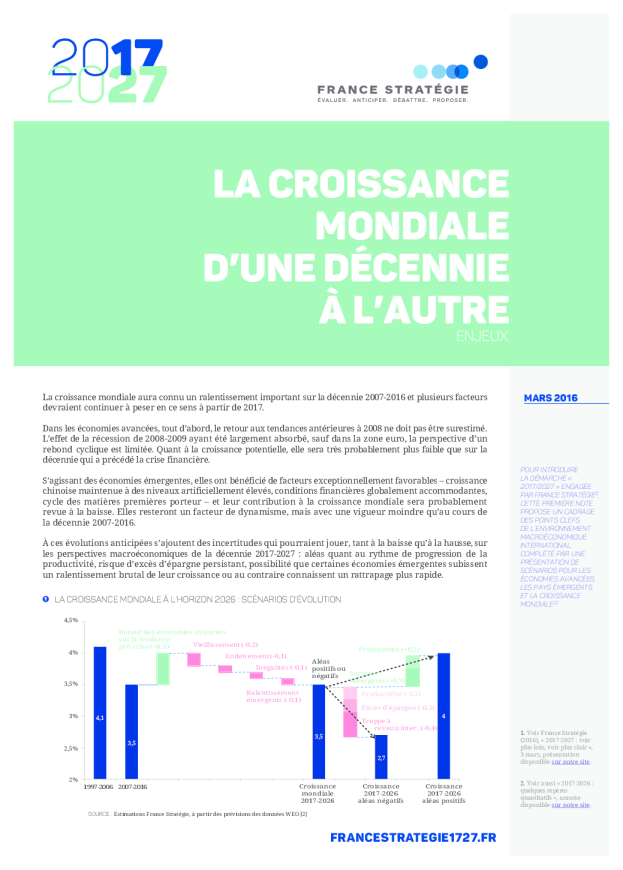The analysis paper discusses strategies to enhance the fiscal policy related to household savings to promote sustainable economic growth in France. It points out that while France is positioned well with its current levels of public and private investments, new challenges like environmental and digital transitions necessitate a shift in investment priorities towards more sustainable and inclusive growth.
Key points from the document:
-
Current State of Savings: The paper highlights that household savings in France amount to approximately 4,500 billion euros, equivalent to 3.5 times annual household income and 43% of their total wealth. This capital primarily finances large corporations, government, and real estate sectors, with limited investment in productive assets.
-
Challenges with Financial Regulations: Financial regulations aimed at promoting financial stability have led to restrictions in bank and insurance sectors in financing high-risk investments. This reduces the potential for long-term financing.
-
Role of Household Savings: The paper argues that improving the allocation of household savings towards long-term financing could potentially address these issues. Currently, fiscal policies influence where this savings goes and direct it towards socially beneficial areas.
-
Three Strategies for Fiscal Policy:
- Minimal Intervention: Focus on reducing the impact of taxation on the returns from financial assets without influencing savings decisions.
- Personalized Savings Incentives: Use tax incentives to guide savings towards meeting individual needs over the lifecycle.
- Guiding Savings to Investments: Use fiscal policies to influence household savings towards specific long-term investment goals, such as those contributing to environmental or technological advancements.
-
Analysis of Household Savings Structure: The paper delves into how household savings move through different financial institutions and markets before reaching their final destinations. This provides insights into the efficiency of current financial structures in allocating savings towards productive investments.
-
Proposed Solutions: To improve the situation, the paper suggests simplifying and streamlining existing tax incentives to focus more on long-term investments and less on directing savings towards certain types of assets. It also advocates for greater transparency in the flow of savings to investments and encourages more direct action to promote long-term investments rather than relying solely on fiscal incentives.
In conclusion, the paper aims to propose ways to enhance the effectiveness of fiscal policy in guiding household savings towards investments that contribute to sustainable economic growth, addressing both current regulatory constraints and the need for long-term investments in key areas.






